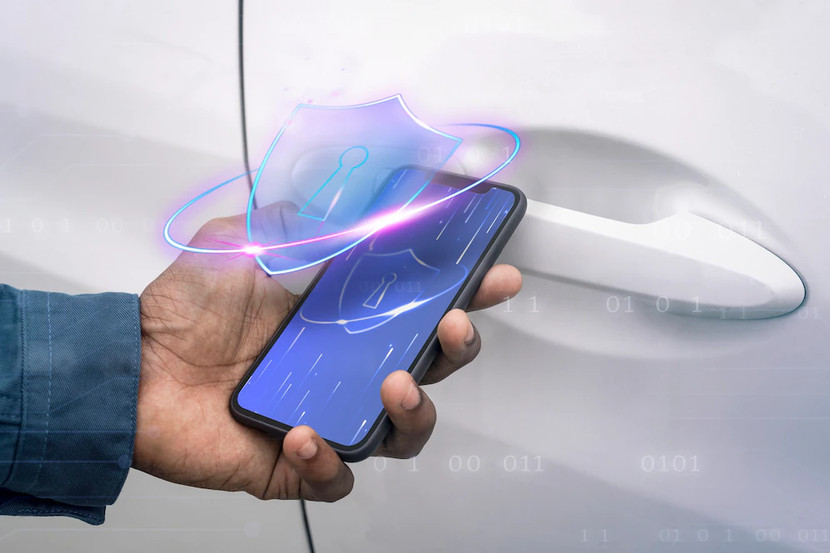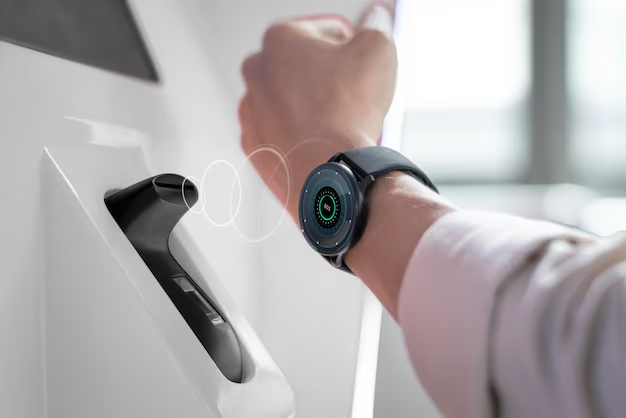Old Me New Me: - Locks
- Omkar Abhyankar

- Feb 14, 2023
- 3 min read
Updated: Feb 16, 2023

The advent of smart locks has revolutionized the way we secure our homes. Gone are the days of traditional door locks with keys, which can be lost or duplicated, and can provide limited security. With the growing trend of smart homes, smart locks have become an integral part of the home security system.
Smart locks are connected devices that can be operated remotely via a smartphone or other smart device. They provide users with greater control over their home security and offer a range of convenient features. For example, they allow you to remotely lock or unlock your door, grant access to guests or service providers, and monitor who enters and leaves your home.
In contrast, traditional door locks can only be locked or unlocked manually and provide limited security features. They can be vulnerable to picking, drilling, or other forms of tampering, and if the key is lost or stolen, it can be difficult to secure the door again. Another advantage of smart locks is their ability to integrate with other smart home devices and systems. For example, a smart lock can be linked to a smart security system, smart lighting, and other devices to create a complete home automation system. This allows you to control all aspects of your home security from a single app or device.
Comparison of Traditional locks and Smart Locks
Feature | Traditional Lock | Smart Lock |
Physical Key Required | Yes | Optional |
Lock/Unlock Method | Manual Rotation of Key | Keyless (PIN code, smartphone, fingerprint, etc.) |
Remote Access | No | Yes |
Access Management | Limited (key duplicates) | Flexible (create/delete access codes, monitor usage) |
Integration with Home Automation Systems | No | Yes |
Power Source | No | Batteries/Wired |
Price Range | Inexpensive to Expensive | Moderately to Expensive |
Overall, smart locks offer more convenience and security features than traditional locks. With a smart lock, you can use various keyless access methods and remotely manage access codes. Smart locks can also integrate with home automation systems, allowing you to control your lock through voice commands or your phone. However, smart locks can be more expensive than traditional locks, and they require a power source, which can be a potential downside if the batteries run out. Traditional locks, on the other hand, are more straightforward and inexpensive, but they lack the flexibility and features of smart locks.
Smart locks can be used for a variety of purposes, including:
Home security: Smart locks can help improve the security of your home by providing more advanced access control features and remote monitoring capabilities.
Rental properties: If you have rental properties, smart locks can make it easier to manage access for tenants and service providers. You can remotely grant or revoke access and keep a log of who enters and exits the property.
Convenience: Smart locks can make it easier and more convenient to enter and exit your home. You can use a code, fingerprint, or your smartphone to unlock the door, eliminating the need for a physical key.
Home automation: Smart locks can be integrated with other smart home devices, such as lights and thermostats, to create a more comprehensive home automation system. For example, you can have the lights turn on and the thermostat adjust when you unlock the door.
Aging in place: Smart locks can be especially helpful for seniors or individuals with mobility issues who may have difficulty using traditional locks. Smart locks can provide easier access to the home and reduce the risk of being locked out.
Benefits of using a smart lock:
Convenient access: Smart locks allow you to lock and unlock your door remotely using a smartphone, key fob, or voice assistant. This means you can provide access to family members, friends, or service providers even when you're not home.
Keyless entry: With a smart lock, you can say goodbye to carrying around a physical key. You can use a code, fingerprint, or your phone to unlock your door.
Increased security: Smart locks offer advanced security features like activity logs, alerts, and remote monitoring. They are also less vulnerable to lock-picking and other forms of forced entry.
Easy integration: Smart locks can be easily integrated with other smart home devices, such as security cameras and doorbells, to provide a more comprehensive security system.
Improved energy efficiency: Some smart locks can be integrated with home automation systems to automatically lock and unlock the door when you leave or arrive home. This can help you save on energy costs by ensuring that your HVAC system is not running when no one is home.
In conclusion, while traditional door locks have been the standard for many years, they are being replaced by smart locks due to their superior security features and convenience. Whether you are looking to upgrade your home security or simplify your daily routines, a smart lock is a great choice for modern homeowners.














Comments